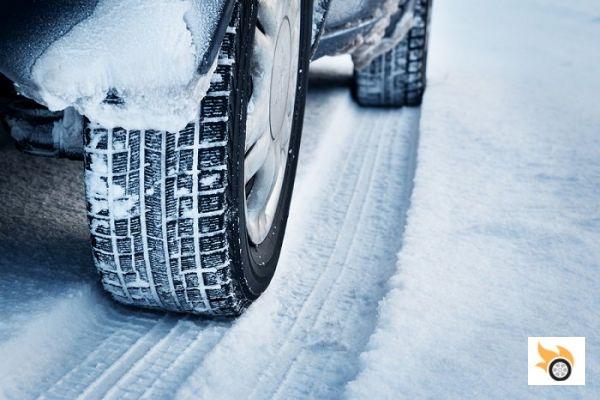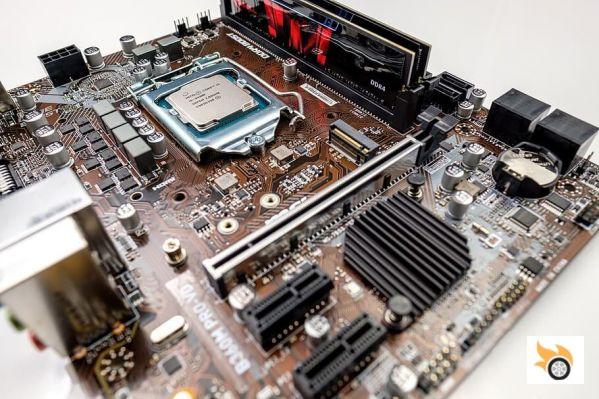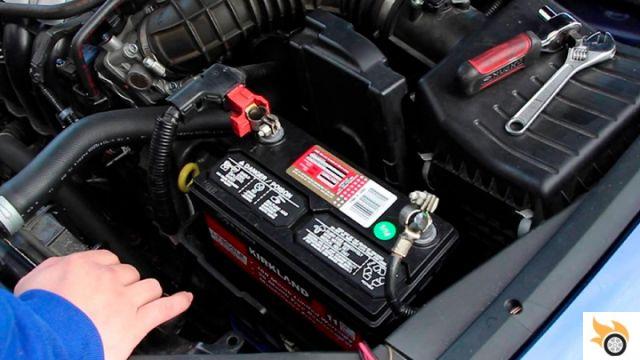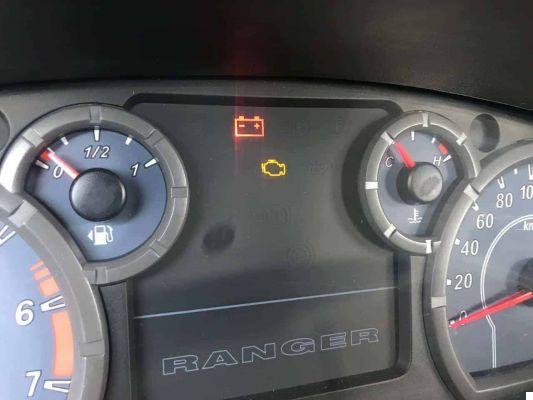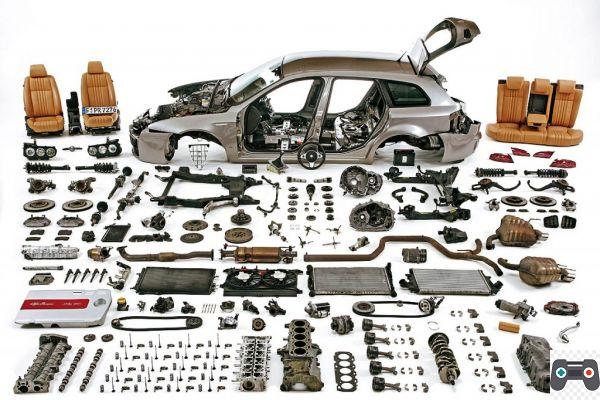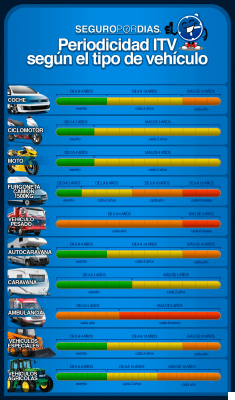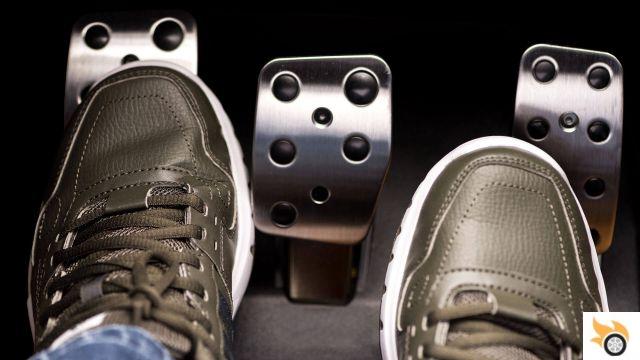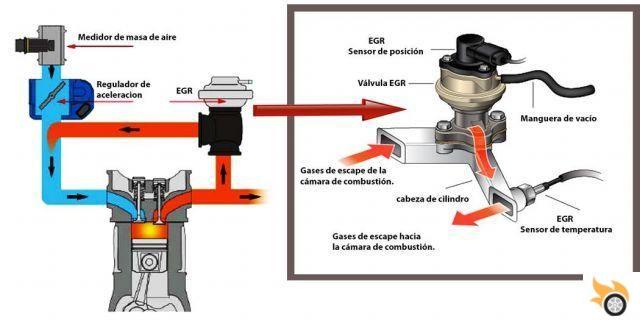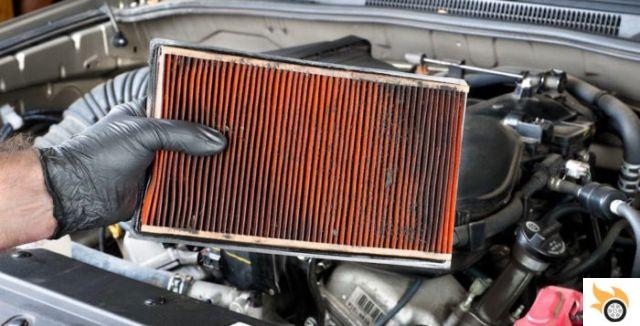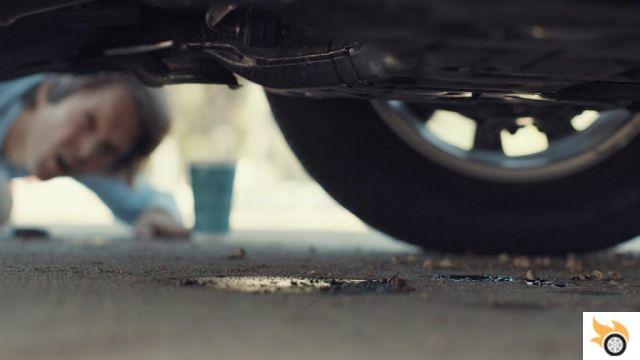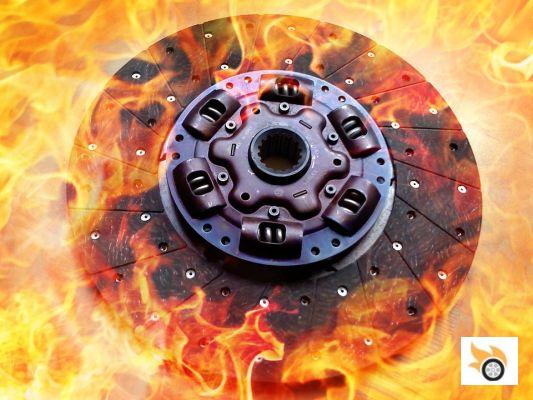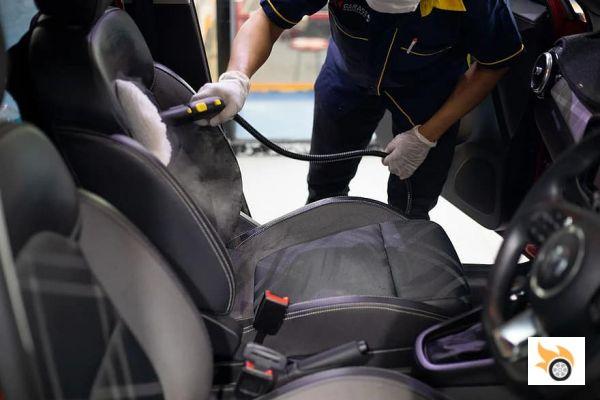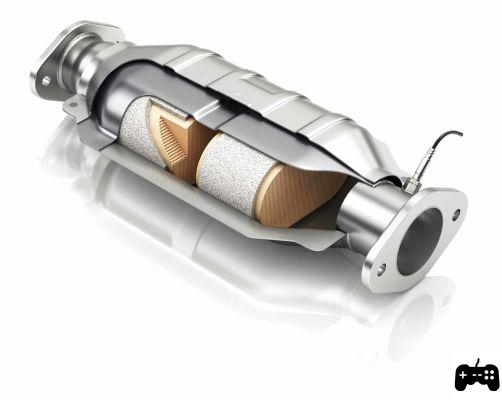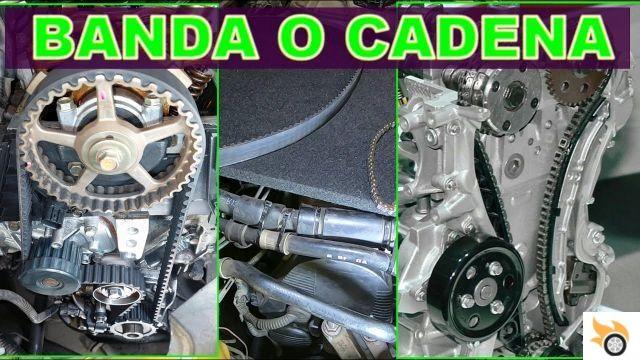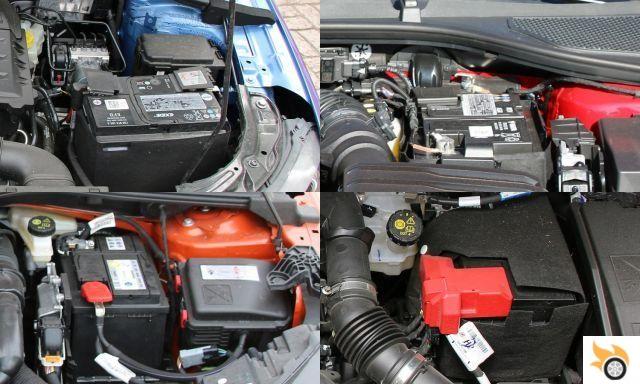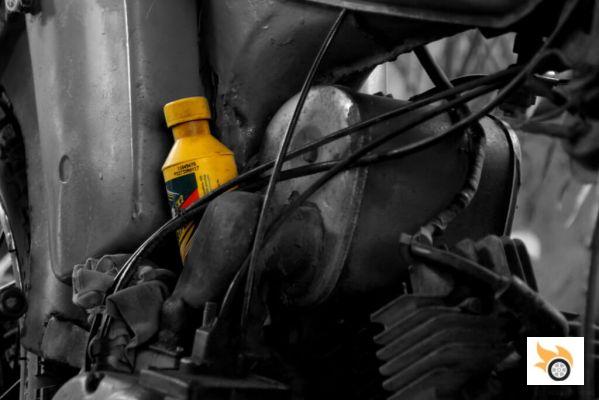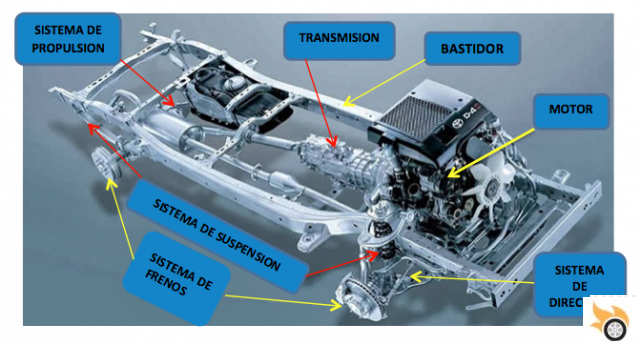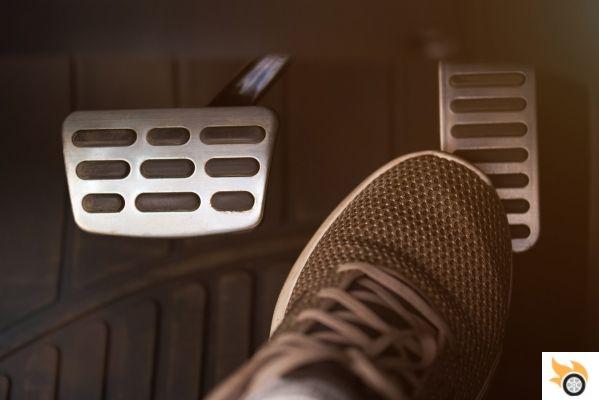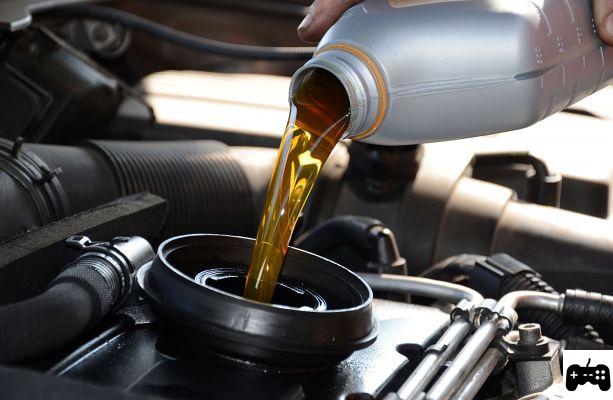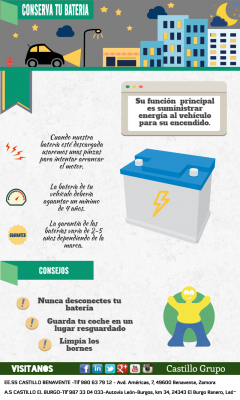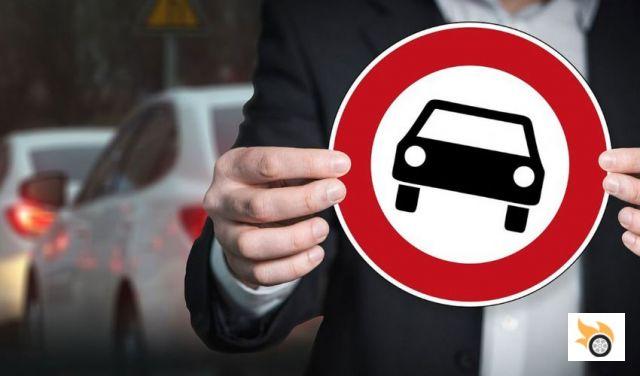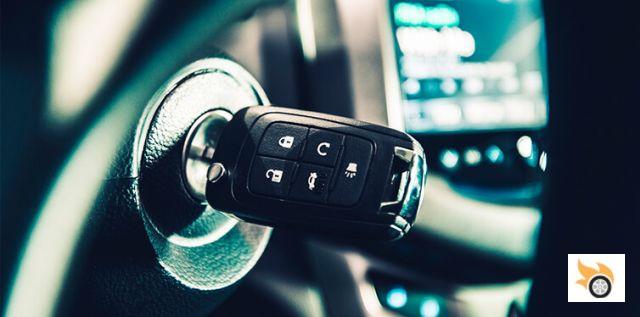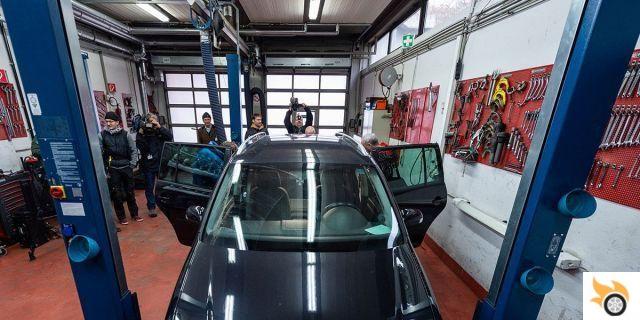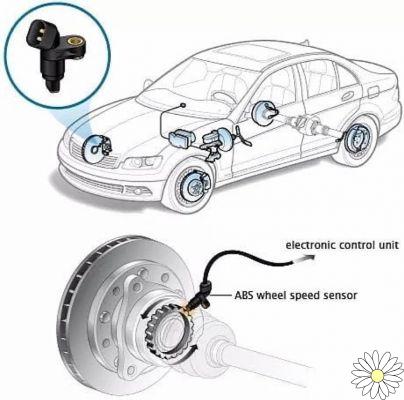
Welcome to Pistonudos.com, where you will find all the information you need about ABS sensors in cars. In this article, we'll answer all your questions about these sensors, how they work, what happens when they fail, the components of the ABS system, and the different types of ABS brakes available. We will also provide you with specific information on TRW Aftermarket and BMW ABS sensors. Let's get started!
What are ABS sensors?
ABS, or Anti-lock Braking System, sensors are key components in modern automobiles that help prevent wheel lockup during hard braking. These sensors constantly monitor wheel speed and send signals to the brake system to regulate brake pressure and prevent wheel lockup.
How many ABS sensors does a car have?
The number of ABS sensors in a car can vary depending on the model and make. In general, most cars have at least one ABS sensor at each wheel, which means that a typical car may have four ABS sensors in total. However, some more advanced vehicles may have additional sensors in other parts of the brake system for greater precision and control.
How do ABS sensors work?
ABS sensors work using wheel speed sensing technology. These sensors are located near the wheels and are connected to the car's braking systems. They measure the rotation speed of each wheel and send this information to the ABS control unit. The control unit constantly analyzes the data from the sensors and, if it detects a locking wheel, adjusts the brake pressure to prevent locking and maintain control of the vehicle.
What happens when the ABS sensors fail?
If the ABS sensors fail, the anti-lock braking system will not work properly. This can result in an increased risk of wheel lockup during hard braking, which can affect your ability to control the vehicle. Also, a warning light may come on on the car's dashboard to indicate a problem with the ABS system. If you suspect that the ABS sensors are failing, it is important to take your car to a specialized workshop for inspection and repair.
ABS system components
The ABS system is made up of several components that work together to ensure safe and efficient braking. These components include:
1. ABS Sensors:
As we have already mentioned, the ABS sensors are in charge of measuring the speed of rotation of the wheels and sending this information to the ABS control unit.
2. ABS control unit:
The ABS control unit is the brain of the system. It receives data from ABS sensors and makes decisions in real time to adjust braking pressure and prevent wheel lockup.
3. Master cylinder:
The master cylinder is responsible for generating the hydraulic pressure necessary to activate the brakes. In the ABS system, the brake master cylinder can also adjust the braking pressure according to the instructions of the control unit.
4. Brake Actuators:
Brake actuators are the devices that apply hydraulic pressure to the brakes on each wheel. These actuators are controlled by the ABS control unit and adjust as necessary to prevent wheel lockup.
Types of ABS brakes
There are different types of ABS brakes used in cars. The two main types are:
1. Four-channel, four-sensor ABS brakes:
This type of ABS brakes uses a sensor at each wheel and a separate control unit for each wheel. It provides individualized control of brake pressure at each wheel, allowing for a higher level of precision and control during hard braking.
2. Three-channel, three-sensor ABS brakes:
This type of ABS brakes uses three sensors and a control unit for the front wheels and a separate control unit for the rear wheel. While it offers a good level of control, it's not as precise as the four-channel, four-sensor system.
TRW Aftermarket and BMW ABS Sensors
TRW Aftermarket and BMW are two well-known manufacturers of ABS sensors. Both companies offer high quality and reliable sensors for a wide range of vehicles. If you are looking for replacement ABS sensors, we recommend considering options from TRW Aftermarket and BMW, as they are trusted brands in the automotive industry.
Frequently Asked Questions (FAQs)
1. What is the difference between the ABS system and the traction control system?
The ABS system and the traction control system are two related but different technologies. The ABS system focuses on preventing wheel lockup during hard braking, while the traction control system focuses on preventing wheel slip during acceleration. Both systems are important to ensure vehicle safety and control in different driving situations.
2. Can I drive a car without ABS sensors?
Yes, you can drive a car without ABS sensors, but keep in mind that the braking system will not have the ability to prevent wheel lockup during hard braking. This means that you will have to be more careful when braking and make sure that you do not apply too much pressure to the brake pedal to prevent wheel lockup.
Conclusion
In short, ABS sensors are essential components in modern automobiles that help prevent wheel lockup during hard braking. These sensors constantly monitor wheel speed and adjust brake pressure to prevent lockup and maintain vehicle control. It is important to understand how these sensors work, what happens when they fail, and the different components of the ABS system. If you're looking for replacement ABS sensors, we recommend considering options from TRW Aftermarket and BMW, two trusted brands in the automotive industry.
We hope this article has been informative and has answered all your questions about ABS sensors in cars. If you have any other questions or comments, feel free to leave them below. We would love to hear your opinion!
Until next time!
The Pistonudos.com team




